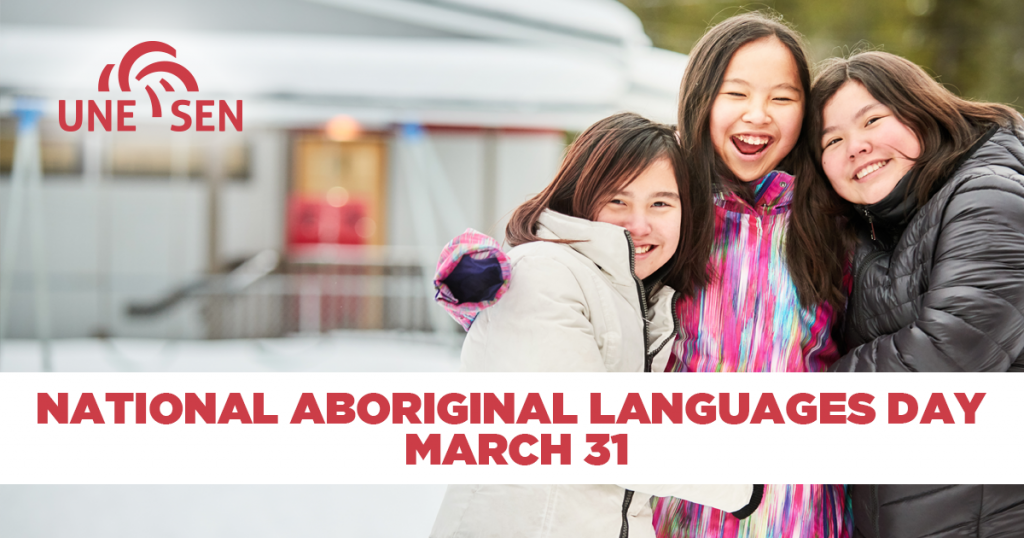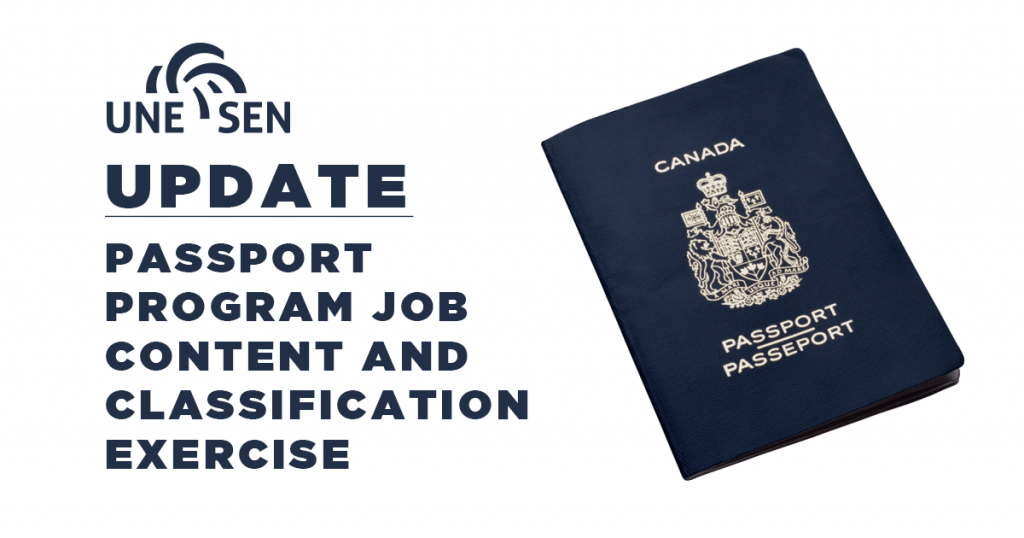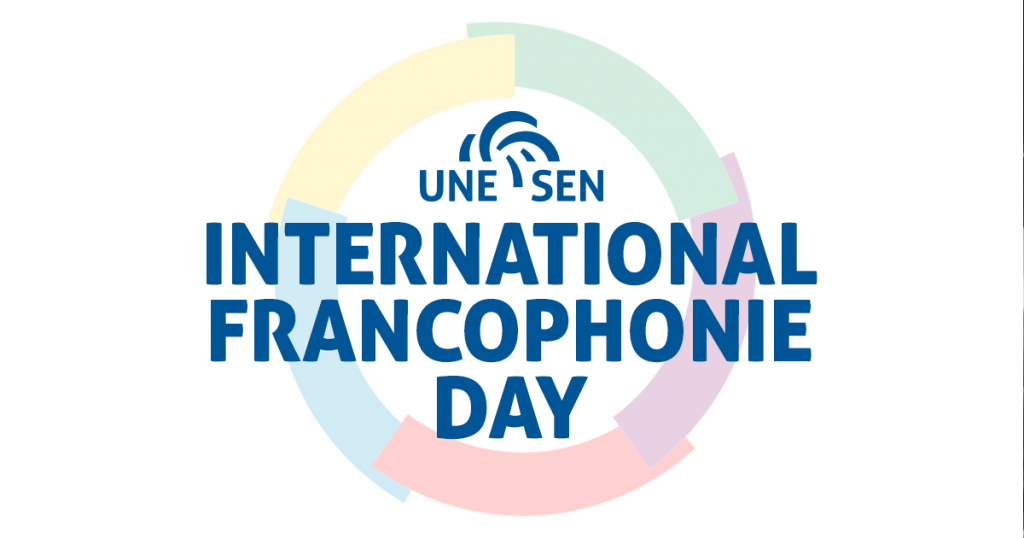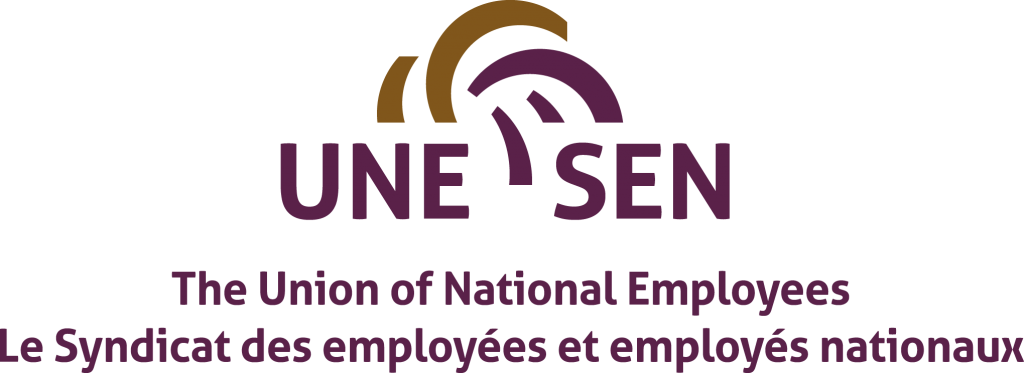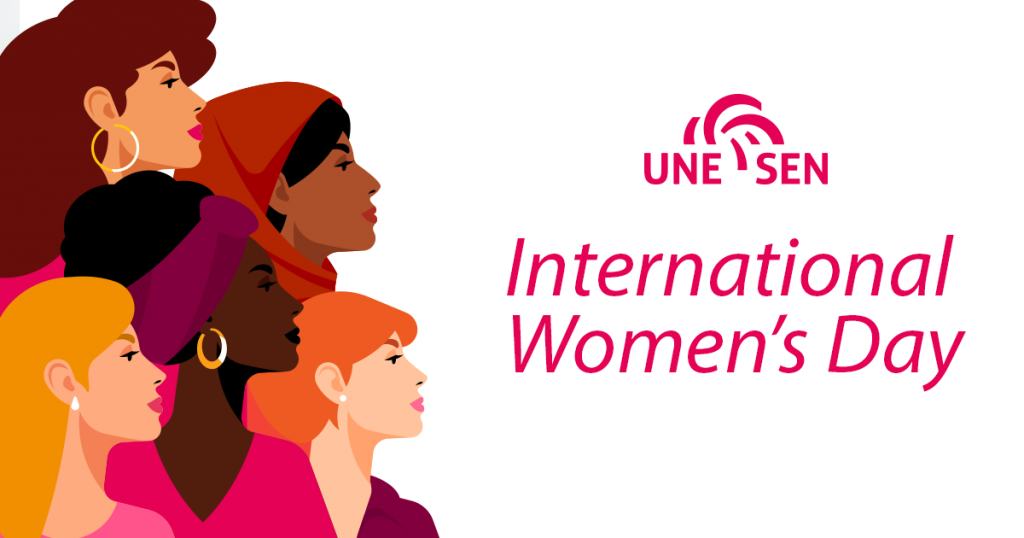
April 8, 2021
PSAC is launching a new round of negotiations with Treasury Board to update and strengthen the Public Service Health Care Plan (PSHCP). The much-delayed talks are starting after PSAC, other federal public service unions, and the National Association of Federal Retirees threatened legal action earlier this year to compel the government to come to the table.
The health care plan, which covers most federal public service workers and retirees, has not been meaningfully updated since 2006 and needs significant updates to reflect recent medical advances, increases in the cost of health services, and emerging technologies. Supported by the results of a membership survey on the health care plan and other extensive research, PSAC is ready to advocate for a comprehensive set of proposals to improve the health care plan, including:
- greater coverage for vision care (including laser eye surgery)
- increased coverage for all paramedical services (such as physiotherapy, massage therapy, chiropractic care)
- improved coverage for psychological services (including higher claimable maximum and access to a wider range of practitioners)
- removal of prescription requirements for paramedical benefits claims
- new coverage for acupuncture services
- new coverage for medical cannabis
A full list of our proposals to improve the health care plan is available.
Please keep your contact information up to date via the member portal to receive more updates as our negotiations proceed.
About the Public Service Health Care Plan
The Public Service Health Care Plan provides coverage for a wide variety of health-related products and services for a majority of federal public service workers. PSAC negotiates the health care plan directly with Treasury Board, together with other bargaining agents of the National Joint Council and the National Association of Federal Retirees, representing retired members. This is done outside of the regular bargaining process for collective agreements.


